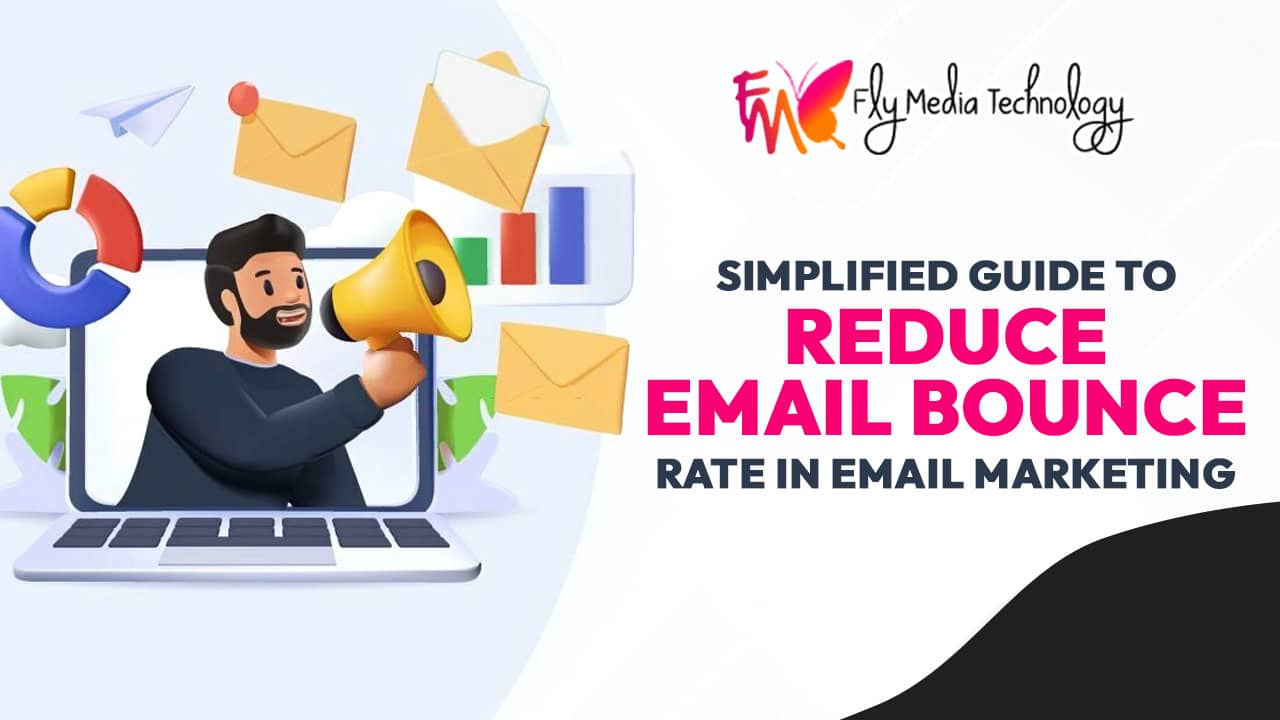![]()
Email marketing can be a powerful tool for businesses to engage with clients, develop relationships with them and boost sales. However, your ability to deliver your message to your subscribers’s inboxes successfully will determine how successful your email marketing campaigns are. The main challenge in this area is lowering your email bounce rate.
Understanding Email Bounce Rates
Email bounce happens when your email can not be delivered to the recipient’s inbox. It can happen for various reasons. Email bounce is divided into two parts:
Hard Bounce
Hard bounce happens when your email can not be sent due to permanent issues, such as when email addresses do not exist or when you do not have proper email addresses.
Soft Bounce
These types of issues are temporary issues like full mailboxes or server problems, which can stop email delivery. When you clear your data, then your email is sent to the receiver.
Why Bounce Rates Matter
Your email marketing proposals may suffer from high bounce rates in the following ways:
Reputation Damage
Repeated bounces can impact your sender’s reputation, which can cause emails to be marked as spam and hurt your chances of reaching inboxes.
Wasted Effort
You’re spending time and resources sending emails that never make it.
Lost Opportunities
Each bounce means you miss a chance to connect with a potential customer or build a relationship.
Reducing Email Bounce Rates
Now, let’s fix this. Here are some easy ways to reduce email bounce Rates:
Check Email Addresses
use email confirmation tools to ensure that the email addresses are correct. When the email address is not accurate, then your mail is not sent to the recipient’s inbox. When you know the email address is valid, then you mail it easily to the receiver inbox. It will significantly reduce hard bounce.
Group Your List
Create email list groups based on factors such as engagement history, location or purchasing patterns. Because of this, there will be fewer soft bonuses because your emails will be more relevant to each group.
Watch your sending
When you send too many emails to recipients, then a soft bounce happens. You can reduce this condition by paying attention to your mailing schedule and taking your audience’s preferences into account.
Make Great Content
For the receiver to open and respond to your emails, the subject line and content should be intriguing. High involvement reduces the damage of soft bounce.
Keep Your List Fresh
Managing it currently, periodically remove inactive or uninterested subscribers from your email list. By doing this, you may minimize bounce rates and make sure that truly interested people view your communications.
Double Check Subscription
Double check process should be used to make subscriptions. It makes sure that the only people on your list are actually interested in what you have to say.
Use a Good Email Service
You can trust to select an ESP (email service provider) with a good reputation that can efficiently handle and monitor your email campaigns, assisting you in locating and resolving problems that cause bounces.
Keep an Eye on Bounce
Maintain a close eye on your bounce rates and respond quickly to look into and address any appreciable increase.
Verify Your Domain
Demonstrate the reliability of your email domain, and use email authentication technologies like SPF and DMARC. Your emails are less likely to be marked as spam as a result.
A clean and interesting email list is the secret to great email marketing. So you can take the time to maintain your list and keep those bounces rate low. For further information about email marketing you can connect with FlyMedia Technology, a leading Digital Marketing company.






